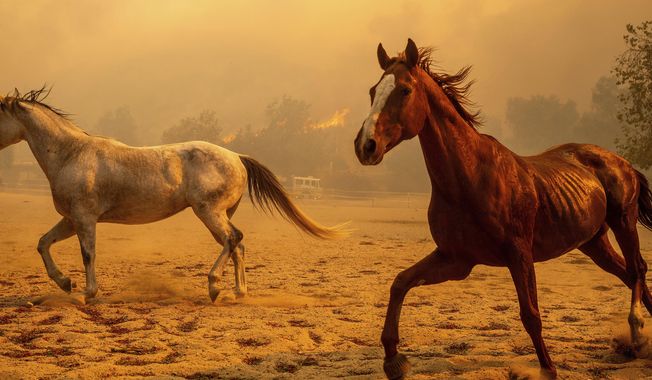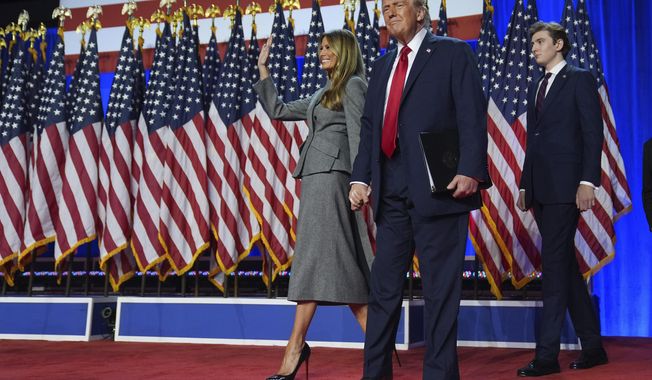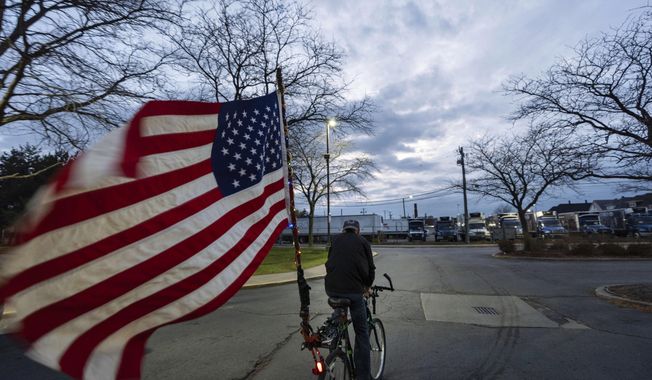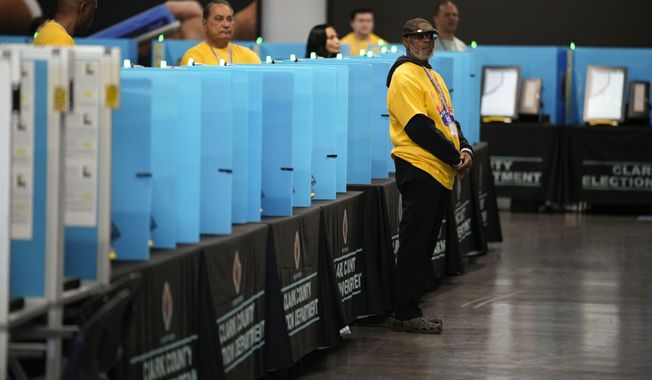
Michiko Kodama, assistant secretary-general of the Japan Confederation of A and H Bomb Sufferers' Organizations, prepares to narrate her experience on a livestream of "Kataribe" or story-telling session Sunday, July 12, 2020, in Tokyo. “For me, the war is not over yet,” said Michiko Kodama, 82, who survived the bombing but has lost most of her relatives from cancer, including one of her two daughters. Years after the atomic bombing, a receptionist at a clinic near Tokyo noted Kodama's “hibakusha” medical certificate in a loud voice, and a patient sitting next to her in a waiting room moved away from her. The fear of death, prejudice and discrimination at work and in marriage continues, and nuclear weapons still exist. (AP Photo/Eugene Hoshiko)
Featured Photo Galleries
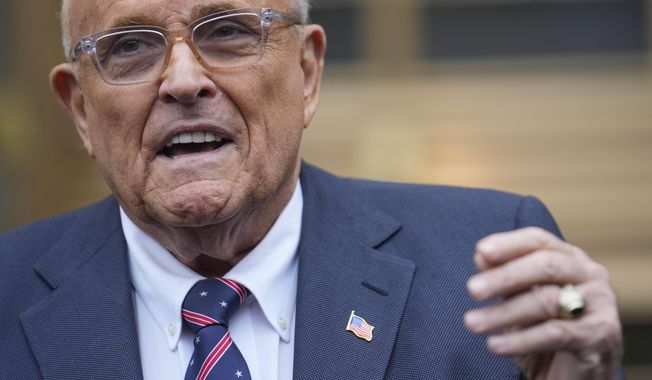



Trump Transition: Here are the people Trump has picked for key positions so far
President-elect Donald Trump has announced a flurry of picks for his incoming administration. Get full coverage of the Trump transition from The Washingon Times.

Trump dances onstage, takes post-election nation by storm
President-elect Trump dances onstage


